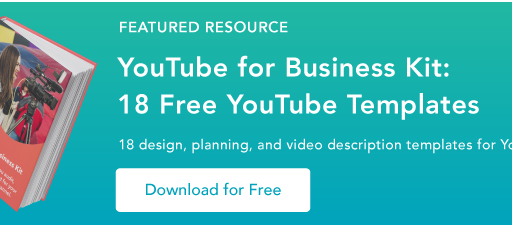Originally Posted on Organic Search AI Feed by Ahmed Raza
How to get your business’s online profile to rise on the busy digital highway? Hold on tight, because we’re about to stop at two important places: Direct vs. Organic Traffic. It’s not just a bunch of words; these are the engines that make your website visible and engaging.
No matter if you want to go fast with direct traffic or take the scenic way with organic traffic, knowing the differences between the two can make your plan more effective. Prepare for a wild ride as we break down the pros and cons to make sure your business not only runs with the pack but also leads it.
Understanding Direct Traffic
Direct traffic is made up of people who go to your website directly by putting in the web address or going to a certain URL. This includes people who have saved your page, clicked on a link in an email or document, or typed in the URL. Direct traffic is like taking a cab to get where you need to go-you know exactly where you want to go.
The Pros of Direct Traffic
When someone comes to your site right away, it’s generally because they have a clear idea of what they want to do. Direct traffic to your site means that people already know your brand and want to do something, like buy something, use your service, or look at content marketing they’ve already dealt with.
This makes people feel better, which not only boosts sales but also makes people loyal to the brand and more likely to come back. Also, straight traffic is safer and more stable than traffic from search engines because it doesn’t depend on how search engines work. In the digital world we live in now, having a lot of direct traffic means your business is getting a lot of attention and you have a group of loyal customers.
The Cons of Direct Traffic
There are some good things about straight traffic, but there are also some bad things. It can be hard to figure out where straight traffic is coming from, which is one of the main problems.
This makes it hard to figure out what marketing campaigns or efforts are bringing this kind of traffic, which makes it harder to measure and improve results. Depending only on direct traffic can also limit the number of people who see your website and leave it open to changes in how people use it.
Understanding Organic Traffic
The other type of traffic is organic traffic, which is people who find your website through search engine results without clicking on an ad. It’s kind of like going on a beautiful drive-you might not know exactly where you want to go, but you’re willing to explore and find new places to visit.
The Pros of Organic Traffic
Organic traffic has a lot of great benefits, but the most important one is that it could last for a long time. Organic traffic doesn’t depend on ads or specific URLs like paid or direct traffic does. It can keep sending people to your site even after the initial efforts have been made.
This makes it a more reliable and cost-effective way to keep a steady flow of people visiting your website. Organic traffic is also very targeted, as people are constantly looking for topics that are related to your business or field. This means that organic traffic is usually made up of good leads that are more likely to turn into customers.
The Cons of Organic Traffic
The fact that the traffic is always changing is one of the worst things about working online. Search engines get this kind of business through a lot of different tools. All the time, these processes change and get bigger. Search engines are always changing, which makes it hard for websites to get free visitors all the time.
You should also really do a few other important things if you want to do well in organic search rankings. Some of these things are making content that is relevant and interesting to the audience, carefully optimizing for certain terms to make the site stand out in search results, and building a strong network of backlinks from trustworthy sources to improve the site’s image.
Doing these things costs a lot of time and money. In other words, it takes a lot of time and work to get a lot of real business. This method is very complicated, which shows how hard it is to get more attention online with free traffic. You need to make a plan and follow it if you want to do well.
Finding the Right Balance
We’ve talked about the good and bad points of both direct and organic traffic. You may now be thinking about which one is better for your business. What’s true is that you can’t pick one over the other. Instead, it’s about getting the best mix of the two.
Direct website visits can help your website stand out, show that people are loyal to your brand, and lead to sales. On the other hand, organic traffic can help you reach more people, bring in new users, and keep your site going for a long time. By using both types of traffic in your plan, you can make a well-rounded strategy that makes the most of the pros and minimizes the cons of each.
Leveraging the power of authority guest posts is a strategic way to blend the strengths of both direct and organic traffic sources. By publishing your content on reputable sites, you not only enhance your brand’s website visibility but also contribute to a stronger SEO foundation, inviting more organic traffic through improved search rankings.
Steer Your Way to Success with Direct vs. Organic Traffic
Whether you choose direct vs. organic traffic relies on the goals, resources, and community you want to reach. Direct traffic may be faster and give you results right away, but organic traffic builds your brand and lasts for a long time.
No matter which path you choose, knowing the pros and cons of each can help you make smart choices that will help your business succeed on the digital highway. You can make your business successful online if you buckle up, find the right mix, and enjoy the ride.
Did you find this article helpful? Explore our site for more informational and entertaining articles that could guide you!






